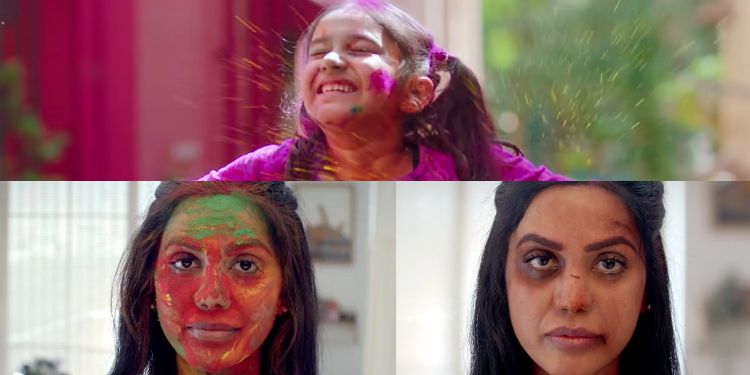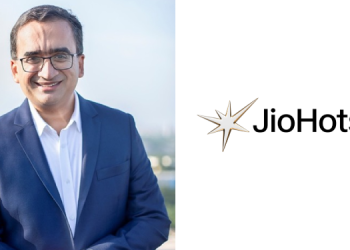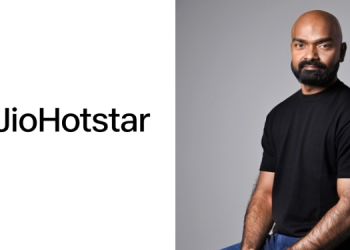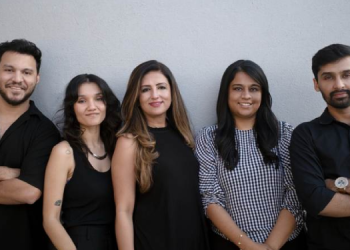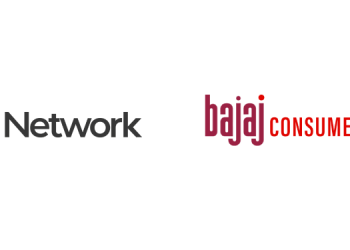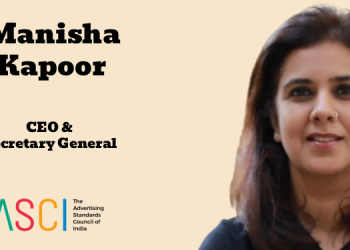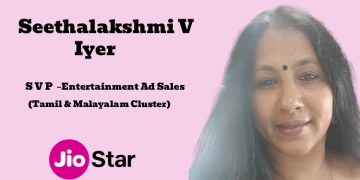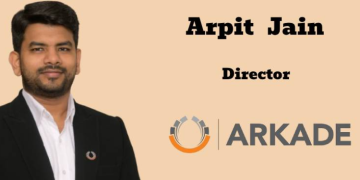Before I am accused of favouring Bharat Matrimony because of being a Madrasi or some such predictable line of calumny, let me place on record my stands that have been published in the past when ads have provoked some sensitive – and some sold – souls on social media.
When Havell’s brought out an ad showing a young girl confidently rejecting an admission form under the reserved category, I wondered why they were protesting.
Opinion: Why the resistance to Havells’ ad on reservation? Since Campaign India requires one to register and many may be hesitant to, the intro read: ‘The ad being pulled is unfortunate and a worrying sign of the times; hopefully, Hawa Badlegi.’
Yes, Havells did pull the ad.
Many years later, in March 2019, Surf’s ad for Holi also ended up stoking controversy, at least on social media. But the brand stood its ground.
Unilever rises above the noise; Indian advertising comes of age.
Tanishq was at the receiving end too, and had to pull its beautiful ad for Ekatvam.
The boycott bandwagon has been encouraged to go too far because it serves certain interests. It has also been proven to be a failure as in the case of Pathaan but has its nuisance value.
When it comes to brands, and consumer facing brands at that, too often the safer option of steering clear of controversy (read religion, politics) is picked. Understandably. Who has the time for trolls when there is business to do? But there are real issues around which brands must speak up, despite the noise, for it actually helps them stand out.
In the case of Bharat Matrimony, as with the Matrimony group, it has championed the cause of equal marriages, finding one’s equal, education before marriage and the like, for over a decade now. As a company official told me in a recent interaction, 70pc of its users are prospective brides and grooms themselves. As its annual trend report says, an increasing number of women are using its app and they are spending more and more time on it. Who better then, than Bharat Matrimony, to wake people up to the harassment that happens to women during Holi, which also happened to fall on International Women’s Day?
It ended up tweaking its ad as its response to the social media ‘backlash’ – if one can call less than 4,000 tweets making you trend all India that. I understand from digital experts that one agency and a handful of ‘influencers’ would suffice to make anything trend today. Nevertheless, the brand was sensitive to sentiments and made a small but important change to clear its stand. The final version of the ad is below.
The line ‘This Holi, let’s choose to celebrate women’s day’ was changed to ‘This Women’s Day, let’s choose to celebrate Holi in a way that is safe and inclusive for women’.
A subtle shift but the core message remains. I spoke with some women who have been through physical harassment during the festival. It seems like there aren’t many who have not experienced a ‘bad touch’ or a violent splash – from both persons known and unknown. The festival of colours unfortunately has this unwanted flavour and there is no denying it. It was both brave and becoming of Bharat Matrimony to bring it to light, as it was sensitive to tweak its end copy.
To try and pull down a brand using someone’s religion or its past wishes for a festival of another religion is so typical of the troll world. Handles known to bat for one agenda were hard at work. Copy pasted hashtags across totally unrelated posts were proof of war rooms at work. They didn’t last long. And they shouldn’t deter brands from taking stands.
As with Surf, we must be grateful to Matrimony for standing by its work and taking its women empowerment stance forward. It is not just the right thing to do but also a bold thing, in the present day and age. It’s another step forward for women’s empowerment – and freedom of expression.
As one female writer who saw the ad put it: “Goosebumps. A reality though. When colours speak for themselves.”
(The author is Group Consulting Editor, Uplift MediaNews4u.com. Mail: [email protected])

